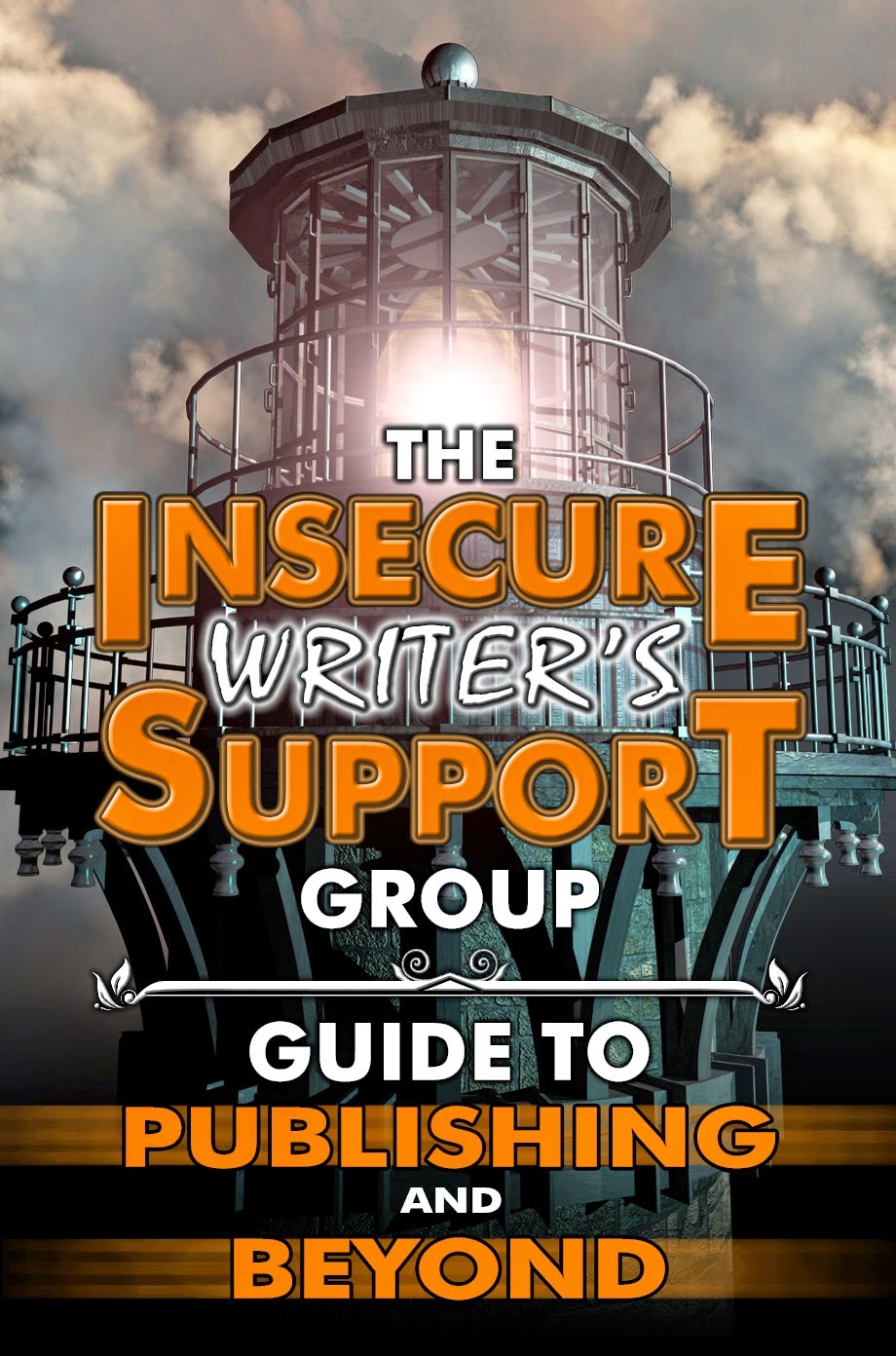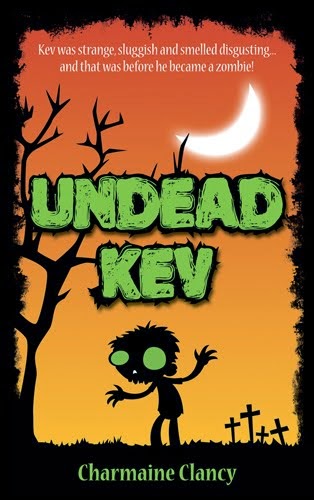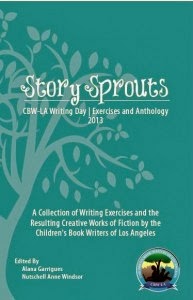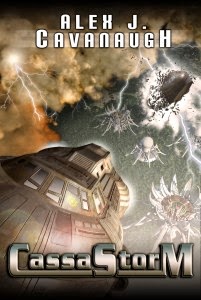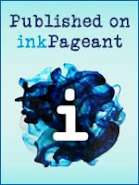In order for a reader to like a
character that reader has to feel like they know the kind of person the
character is.
This is easiest to achieve using
archetypes, stereotypes and clichés. The cynical but brilliant detective, the
unfairly betrayed wife, the shy but sweet nerd... You feel like you know these
characters because you really have known them, in one guise or another, all your life.
And while the received wisdom is
too avoid the overly familiar, I don’t think it can be denied that lots of
successful books use character-types we’ve all seen many, many, many times before (maybe
with an added twist, but not always); and these variations on Cinderella or
Philip Marlowe or whatever can be very successful.
But often the reason writers fall
back on the tried and tested is because they don’t really know how to get the
reader to know the character quickly without resorting to the shorthand of
referencing traits already out there.

















